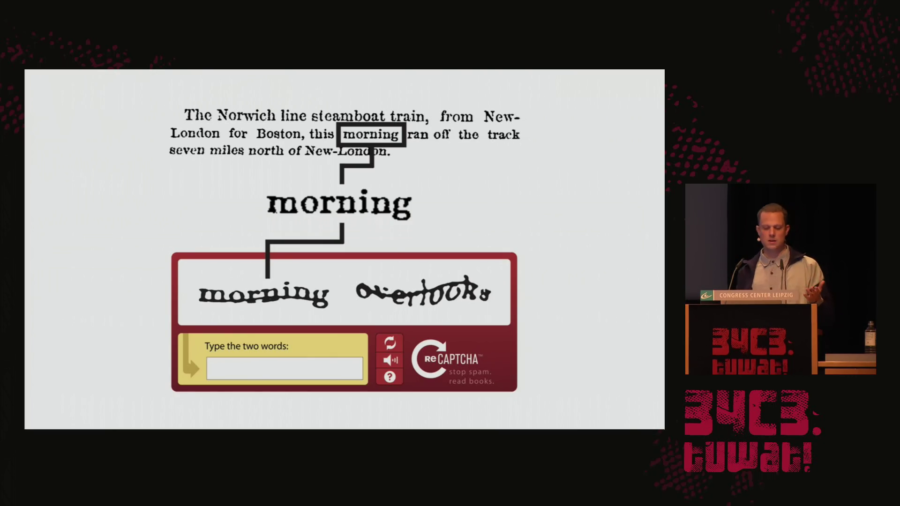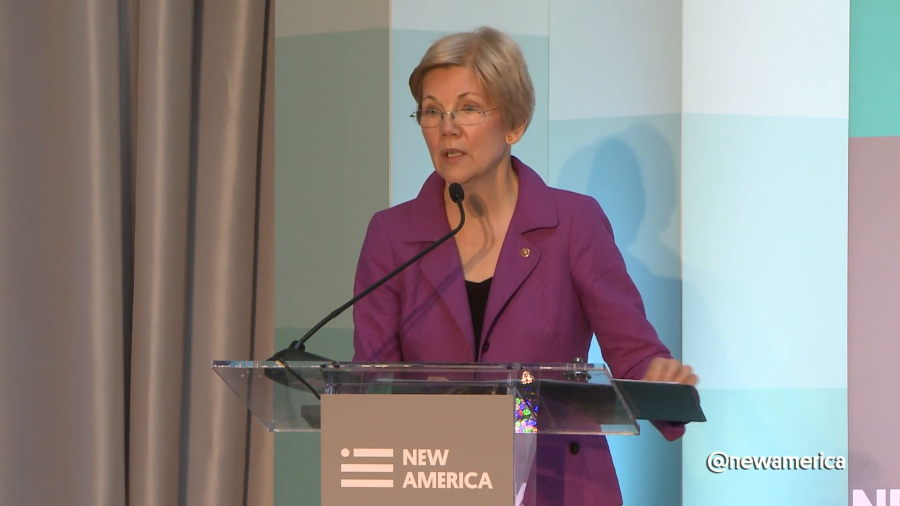What is this condition? I would summarize it as people extending computational systems by offering their bodies, their senses, and their cognition. And specifically, bodies and minds that can be easily plugged in and later easily be discarded. So bodies and minds algorithmically managed and under the permanent pressure of constant availability, efficiency, and perpetual self-optimization.
Archive (Page 1 of 2)
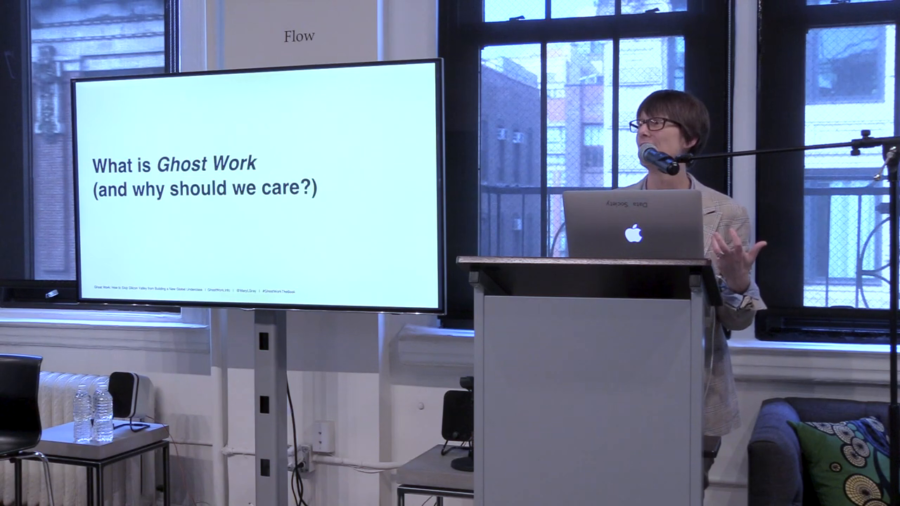
I’m just going to say it, I would like to completely blow up employment classification as we know it. I do not think that defining full-time work as the place where you get benefits, and part-time work as the place where you have to fight to get a full-time job, is an appropriate way of addressing this labor market.

In a book that I wrote in 2011, on page one I said that unless the insecurities, and the fears, and the aspirations of the precariat were addressed as a matter of urgency, we would see the emergence of a political monster. You will not be surprised that in November 2016 I received a lot of emails from around the world from people who said, “The monster has arrived.”
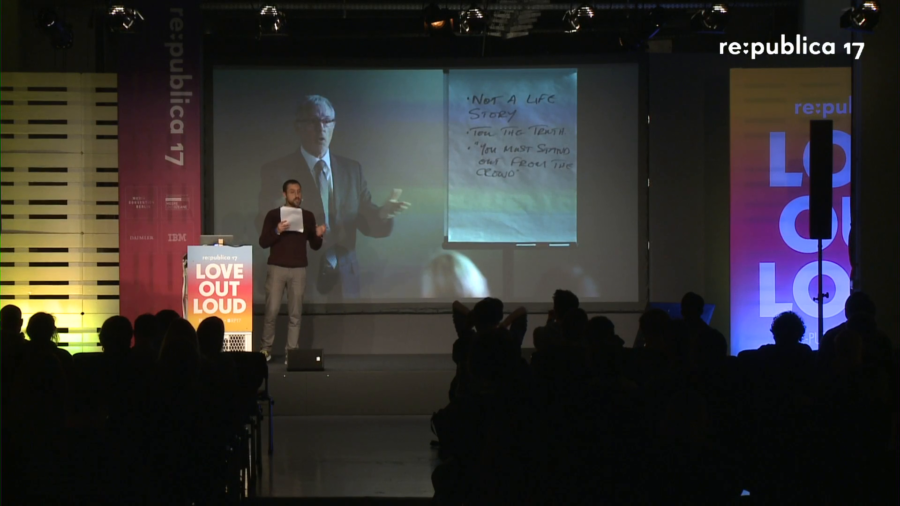
The reciprocal influence between an entrepreneurialist regime and pervasive precarity, their ambivalent coexistence, is what the concept of the entreprecariat refers to. To articulate some of the ways in which this mutual influence takes place, I’d like to introduce what I would call a postulate of the entreprecariat. So here it is: The more precarity is present, the less entrepreneurialism is voluntary.
To me…we all draw our satisfaction from what we ourselves have been able to do with our lives. And if somebody, some government or someone else is just giving to me, I’m not going to be a happy person.
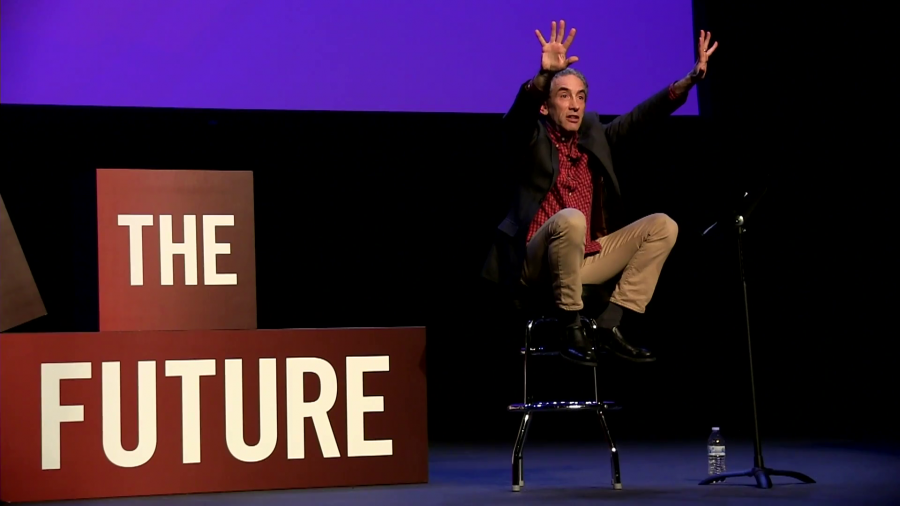
Google just has to grow. It has to keep growing. But Google grows at its own peril. Google grew so much that what happened? It outgrew Google. Google had to become what? Alphabet. Now what is Alphabet? Alphabet is not Google. Alphabet is a holding company. So Google’s new business as Alphabet is to do what? It’s to buy and sell technology companies. So, once a company becomes just too big to flip anymore, it becomes a flipper of other companies.
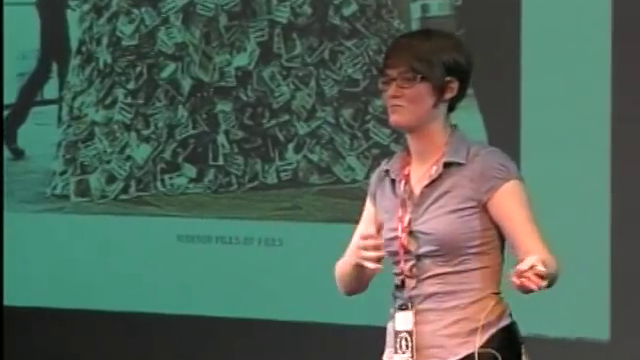
When you look at your online profile, is that really you? It’s a representation of you that can be acted on when you’re not there. But where do you end and the machine begins? The thing is that humans and technology have coevolved with each other over time, being very very cocreative. We have survived because of technology, and technology has survived because of us.
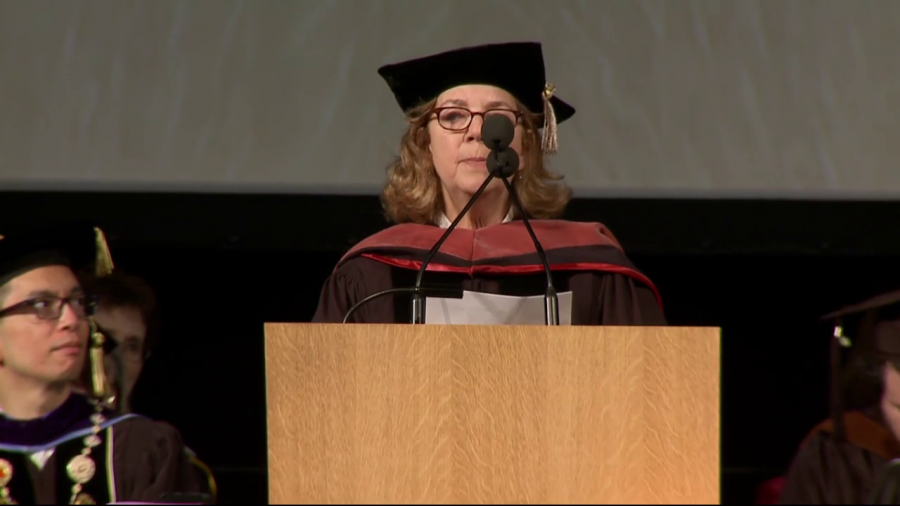
We live between despair and hope. No one knows why we are here, and nothing makes sense. Don’t forget that. You could ask yourself, “What is the point?” until you go crazy, literally. So, the starting point is to not know. And then to proceed.
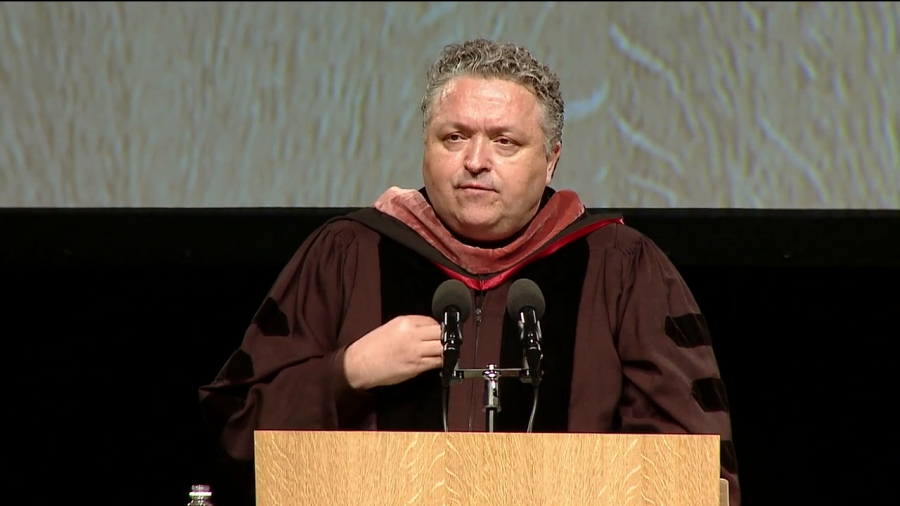
Work on what you love. This is such an easy thing to say, and it seems so obvious. What else should we work on? What else could we work on? And yet the problem of aligning our passion and our production, our love and our work, remains one of the great life challenges that we face as artists, as designers, and as citizens.

